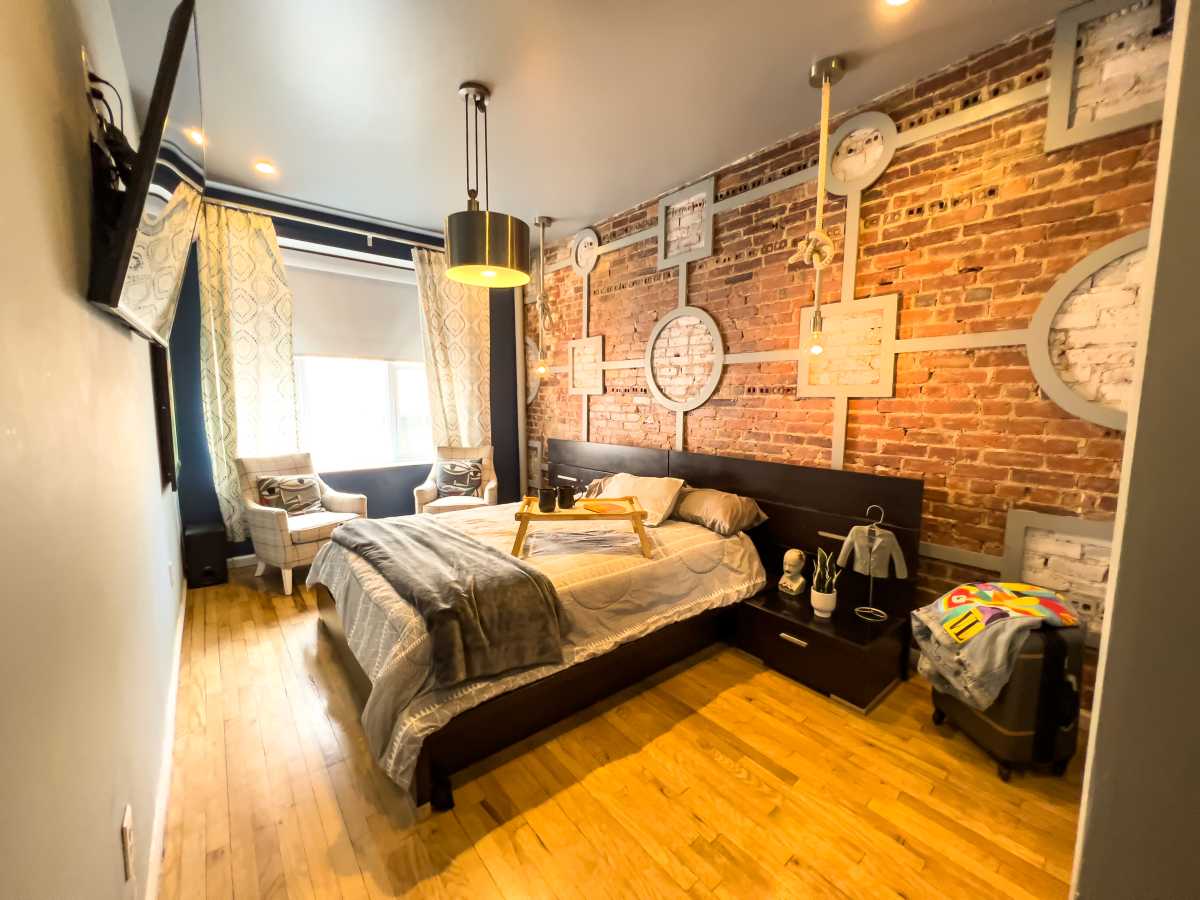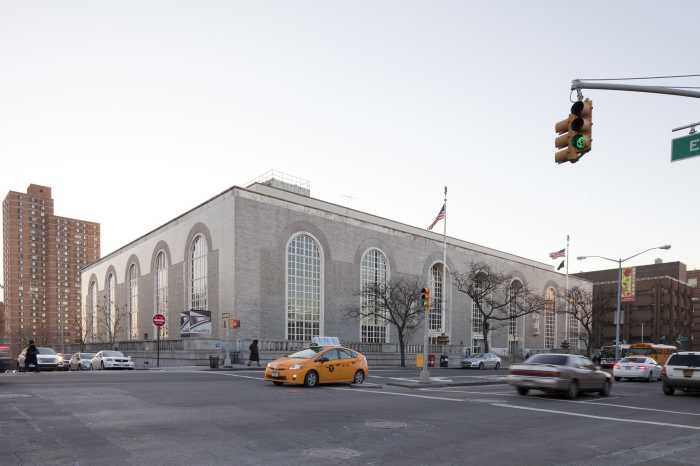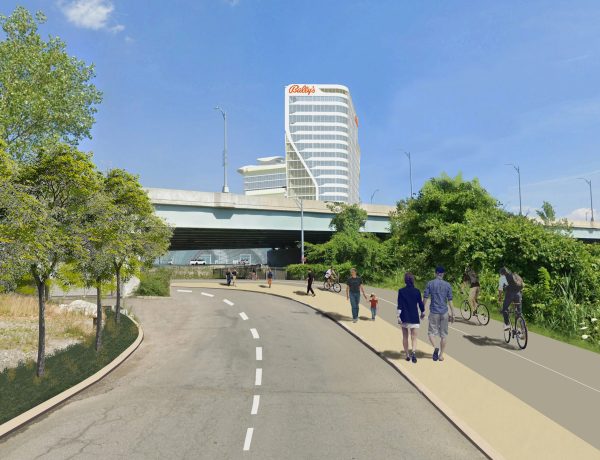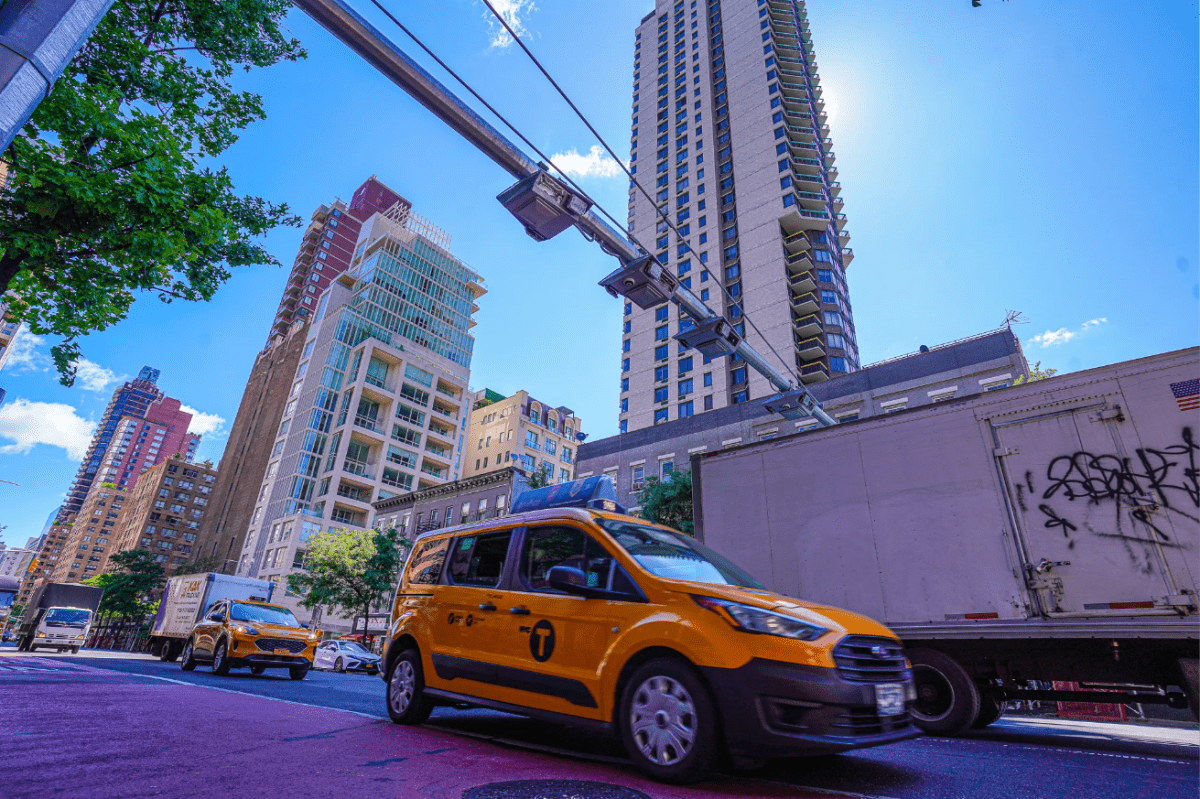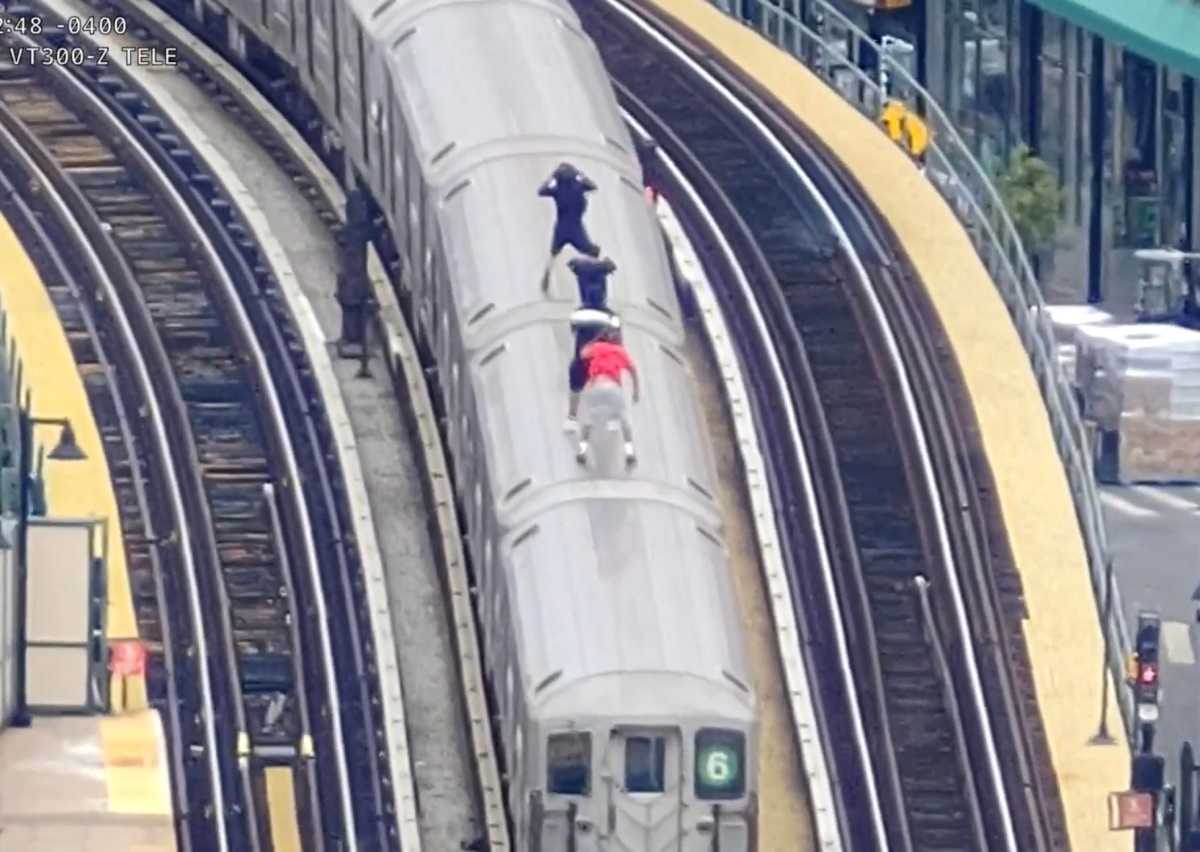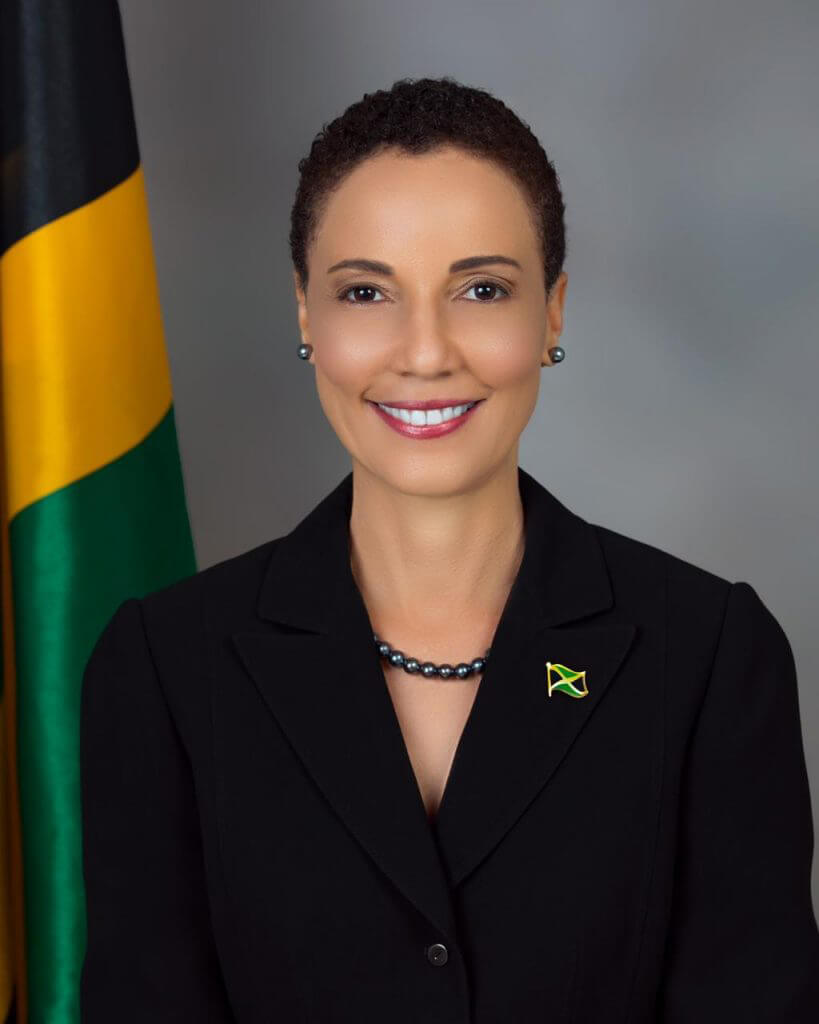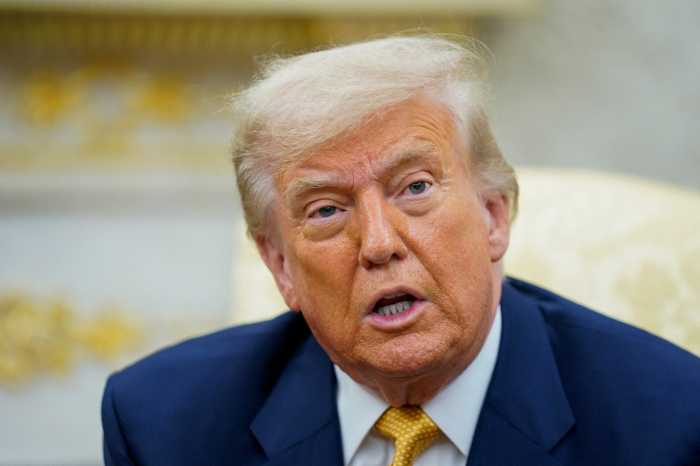For those traveling to NYC for the holidays, finding an affordable place to stay will likely prove challenging. Hotel prices averaged $301 per night in 2023, and given the city’s new restrictions on short-term stays in people’s homes, there are fewer alternatives on Airbnb and other booking websites.
About a year has passed since enforcement of Local Law 18 of 2022, known as the Short-Term Rental Registration Law, took effect — and Airbnb says the restrictions are costing Bronx families valuable income and cutting into travelers’ options while failing to improve the housing vacancy rate.
The company, citing a recent report by HR&A Advisors, says the law primarily benefits Manhattan hotels that jack up their prices, while harming the local economies of the outer boroughs.
“Instead of improving affordability, these regulations have priced out everyday consumers and left former hosts struggling to make ends meet,” said Theo Yedinsky, vice president of public policy at Airbnb, in a press release.
Local Law 18 of 2022, which took effect in March 2023, required all short-term rental hosts to register with the Mayor’s Office of Special Enforcement (MOSE). The law also required hosts to live in the space they are renting and have no more than two guests staying in approved buildings, among other rules.
Airbnb says the outer boroughs, including the Bronx, have suffered disproportionate economic losses under Local Law 18. According to Airbnb, the Bronx now has only 70 listings, down from 1,000, leading to a decline in monthly guests from 7,000 to 380 and a loss of local revenue.
But according to MOSE, the number of Bronx listings is over twice that. The office said as of Dec. 2, there are 145 registered short-term rentals in the borough that can be listed on Airbnb and other booking sites.
According to the office, the change is an important safety measure that helped cut down on arrangements that should not have been available to begin with. MOSE also questioned the validity of Airbnb’s research, saying it had not seen independent research with the same results.
“[W]ith the short-term rental registration law, we are targeting illegal short-term rentals in the city’s permanent residential housing stock and eliminating illegal activity that should not have been occurring in the first place,” said Christian Klossner, executive director of the Office of Special Enforcement, in a statement to the Bronx Times.
A major purpose behind Local Law 18 was to free up much-needed housing for locals and put a dent in the historically-low vacancy rate of around 1%. MOSE said under the new law, more than 1,400 property owners across the city have notified the office that they prohibit short-term rentals in their buildings, which could free up more permanent housing options for residents and prevent illegal or potentially unsafe rentals.
However, Airbnb maintains that prior to the law, its listings accounted for less than 1% of the city’s supply of dwellings and that the change has done nothing to increase the amount of available housing.
“One year after passage, New York City’s unprecedented short-term rental regulations have failed to deliver on their promise to combat the housing crisis,” the company said in a statement.
A Bronx Superhost speaks out
Victor Luciano, who was referred to the Bronx Times by Airbnb, has a two-story townhouse around Tremont and Grand Concourse and is one Airbnb host who says the restrictions cut into his income and unfairly reduced options for tourists.
He previously rented out his entire upper floor on Airbnb for about eight years, becoming a Superhost with 276 reviews. Luciano said he loved hosting on Airbnb as opposed to having regular tenants.
“It was great. I love to show people a different side of New York,” he told the Bronx Times.
Luciano said he often hosted international travelers, especially Europeans, whom he said often preferred a home-stay environment. He also hosted many families visiting for Fordham University graduations and other events. “I was booked all the time, actually.”
The proceeds Luciano made from Airbnb covered his mortgage and utility bills, and because he usually hosted only on weekends, he said it was easier than finding reliable long-term tenants and gave him more freedom in the house. “I was there during the week, I didn’t have people on top of me,” he said.
Since the law went into effect, Luciano changed his offerings. He now has tenants on the upper floor and, with a city permit, only rents out one room in his own space on the lower floor.
So far, Luciano said he’s fortunate to have a positive experience with the upstairs tenants, who are paying $3,000 per month. But with Airbnb, he said he used to make $5,000 to $6,000 per month — and is now only pulling in $1,500 renting the single room.
Given the loss of income, Luciano said he’s having a harder time keeping up with repairs. For instance, he recently had to pay $7,000 for pipe work that past Airbnb proceeds would have more easily covered.
He said he isn’t opposed to all Airbnb regulations, especially those dealing with guest and host safety. He also agreed the housing shortage is a huge problem but said, “Not everybody can afford hotels, especially in New York City.”
“I’m not a [major] building owner,” said Luciano. “I’m just a regular person who has a property.”
He said his past Airbnb hosting experience showed that many tourists want an alternative to hotels and enjoy staying in a residential neighborhood. With few hotel options in the Bronx, travelers may have little choice but to stay in midtown Manhattan.
“You’re not giving tourists an opportunity to see another side of New York,” Luciano said. “You’re not giving them choices.”
Reach Emily Swanson at eswanson@schnepsmedia.com or (646) 717-0015. For more coverage, follow us on Twitter, Facebook and Instagram @bronxtimes

